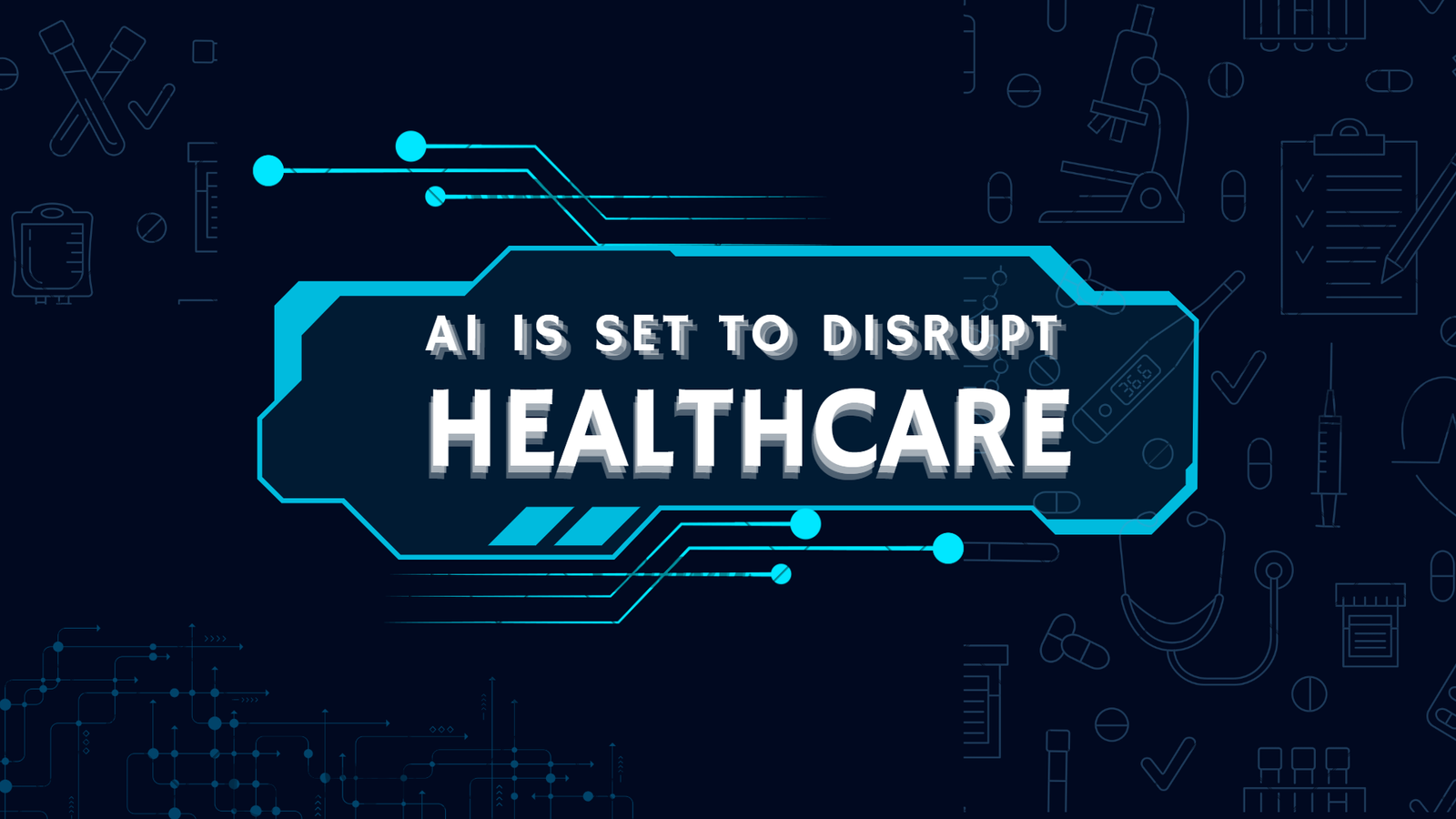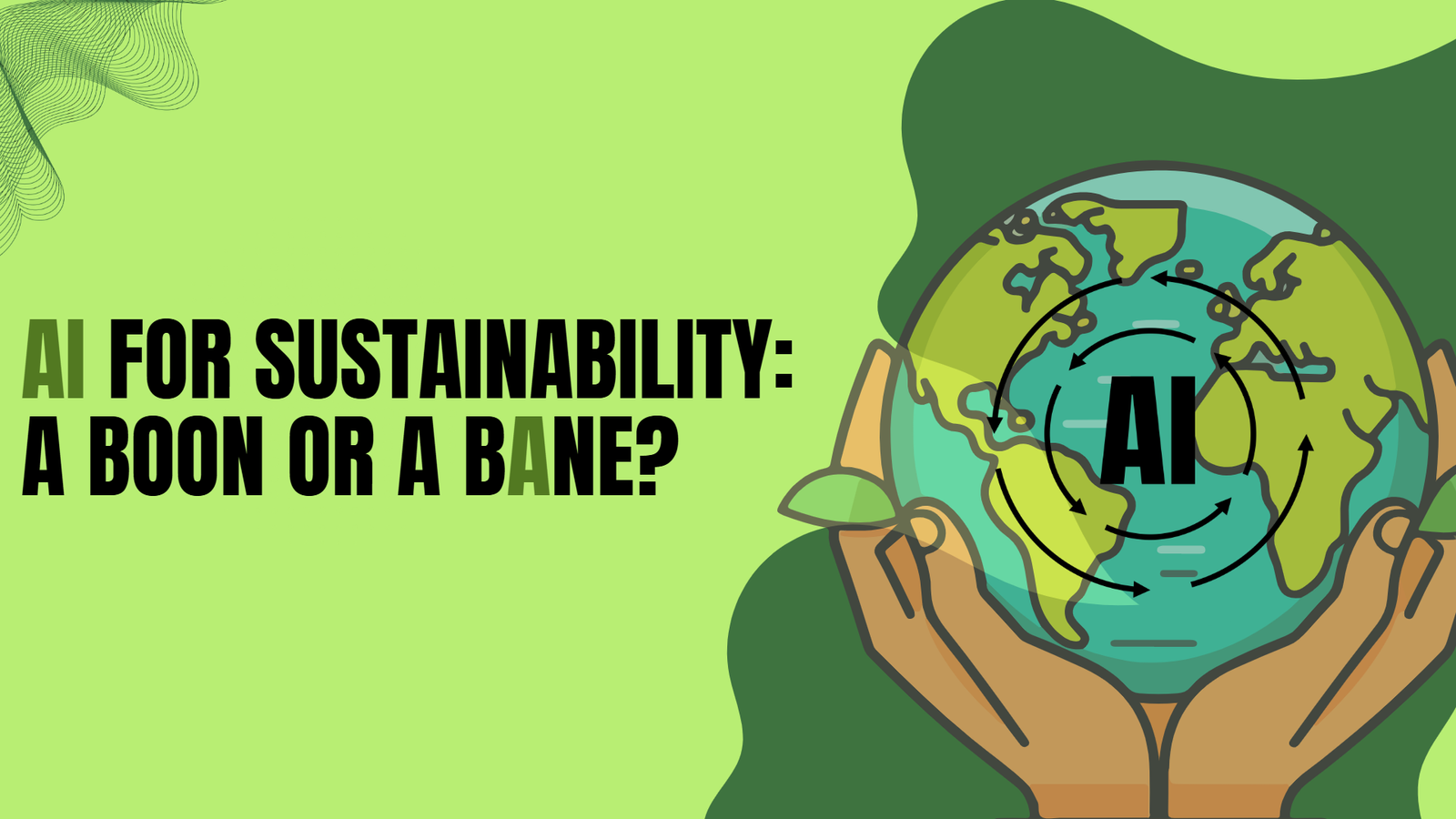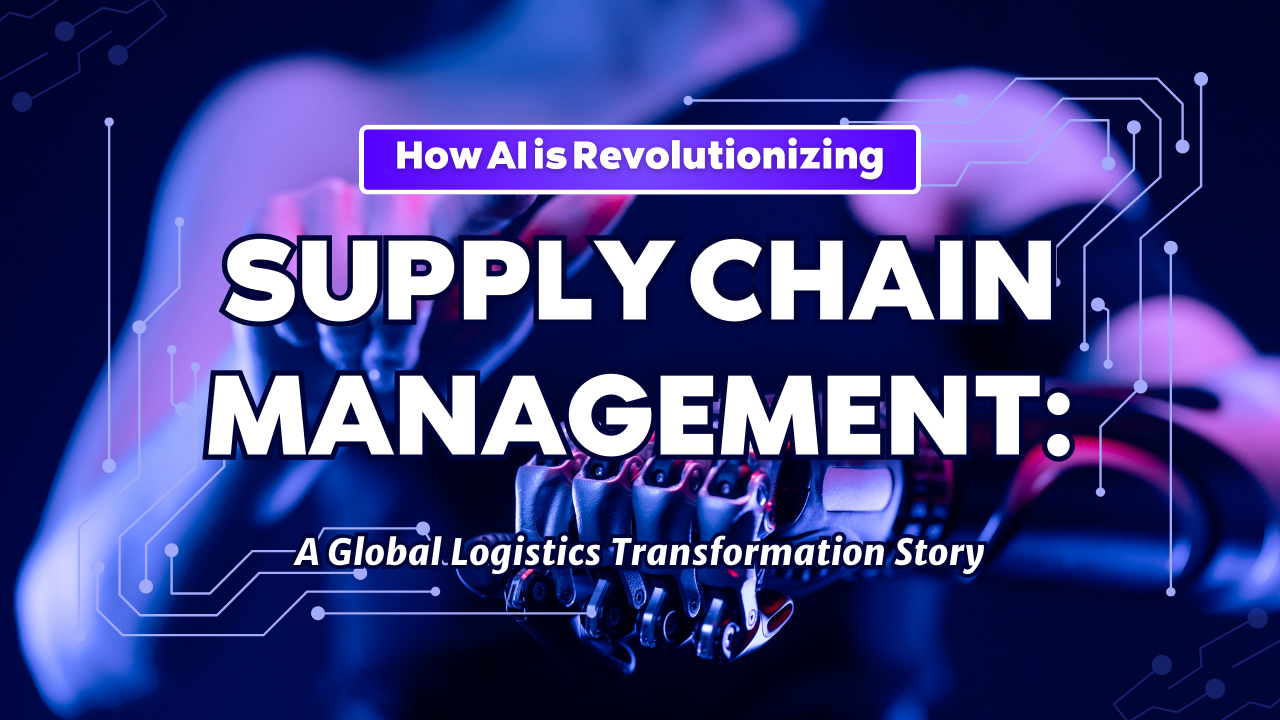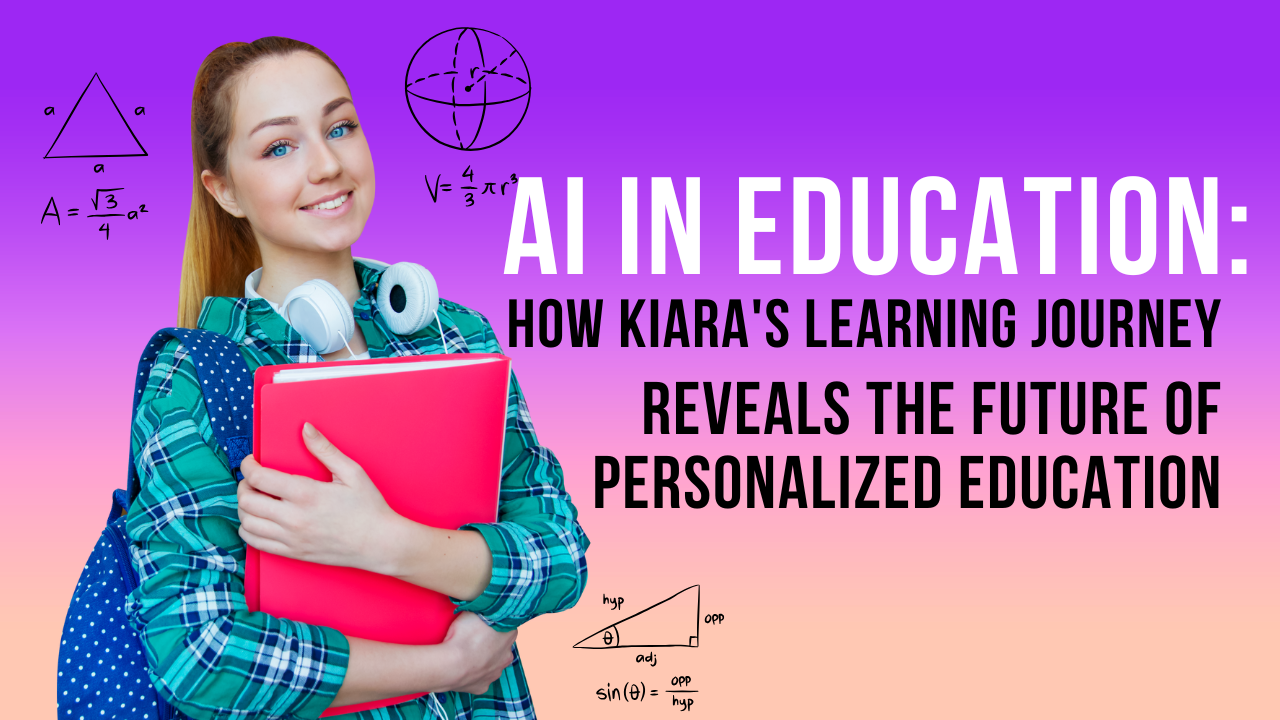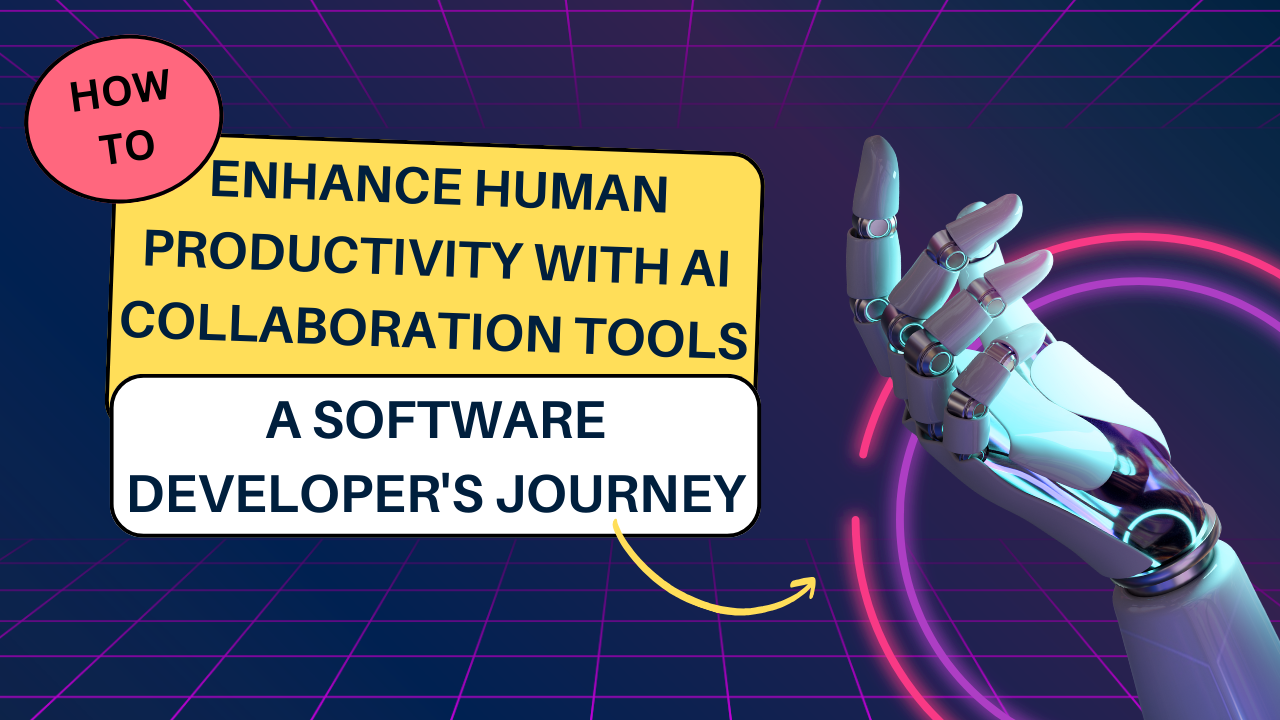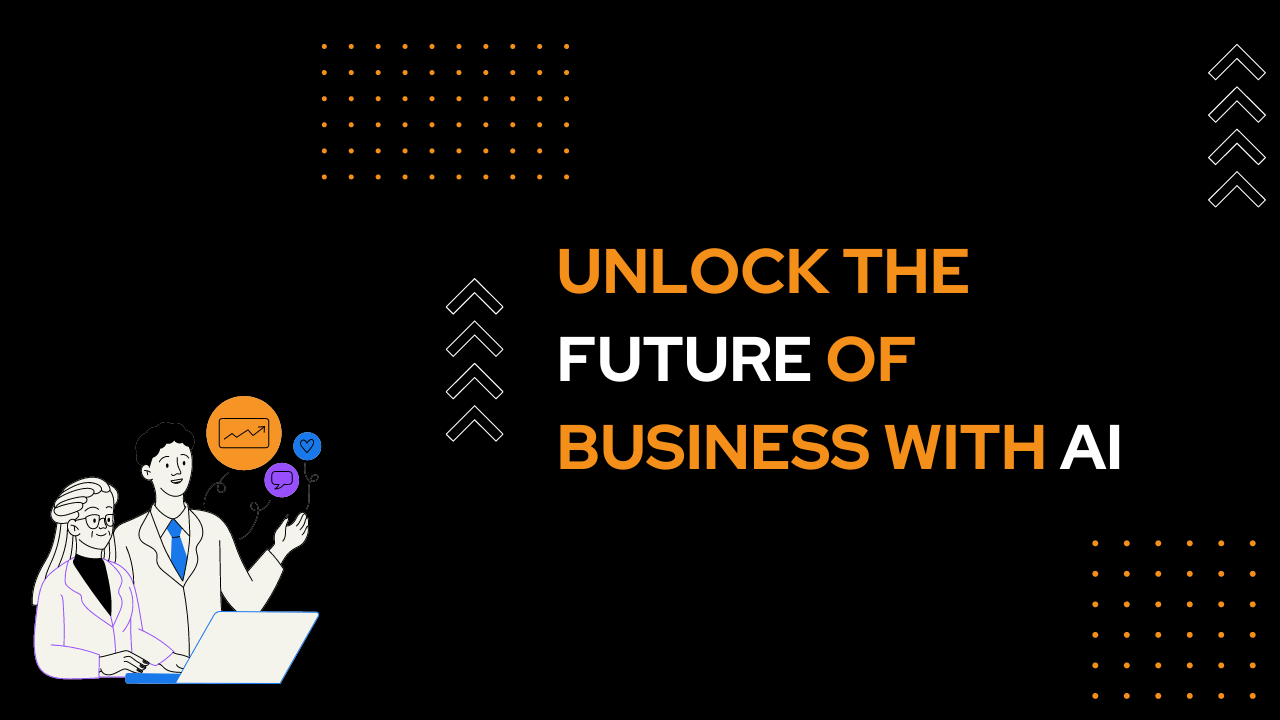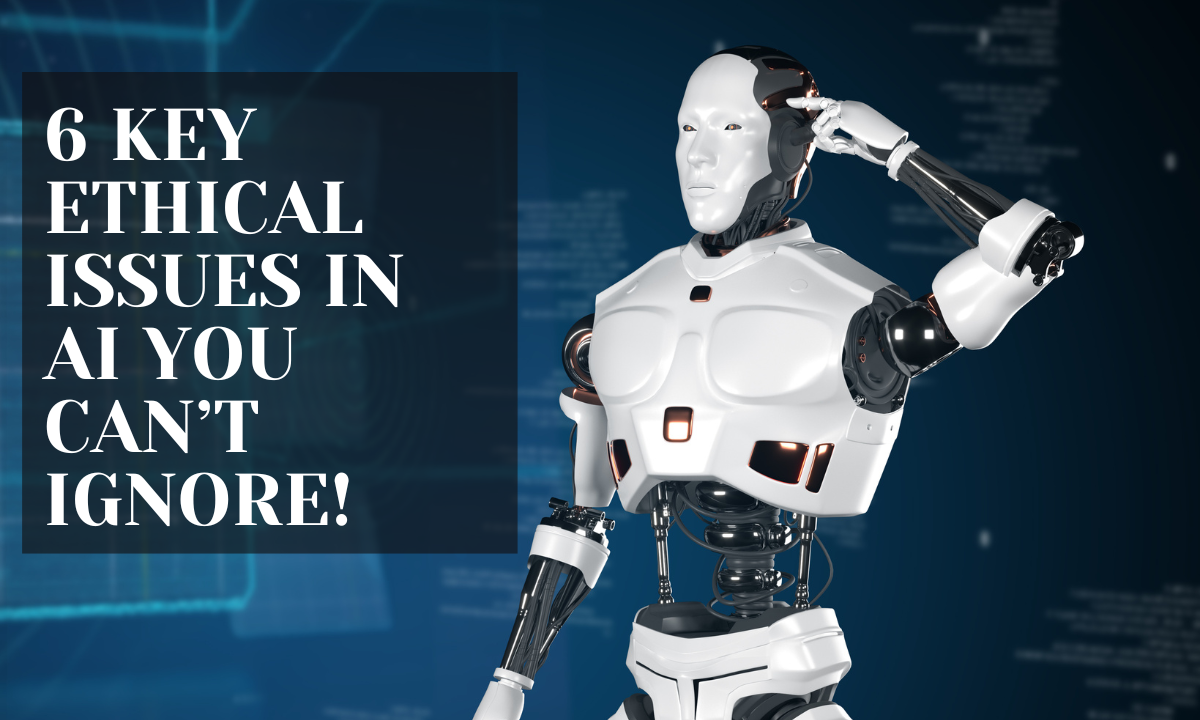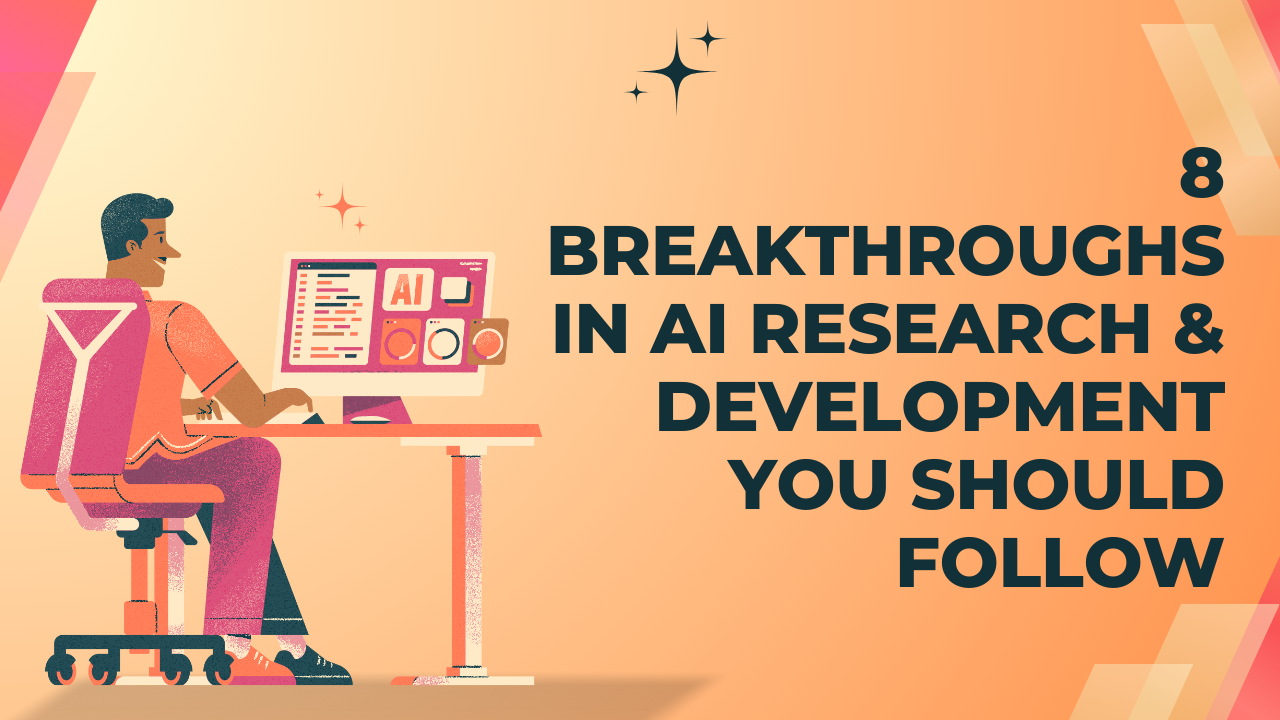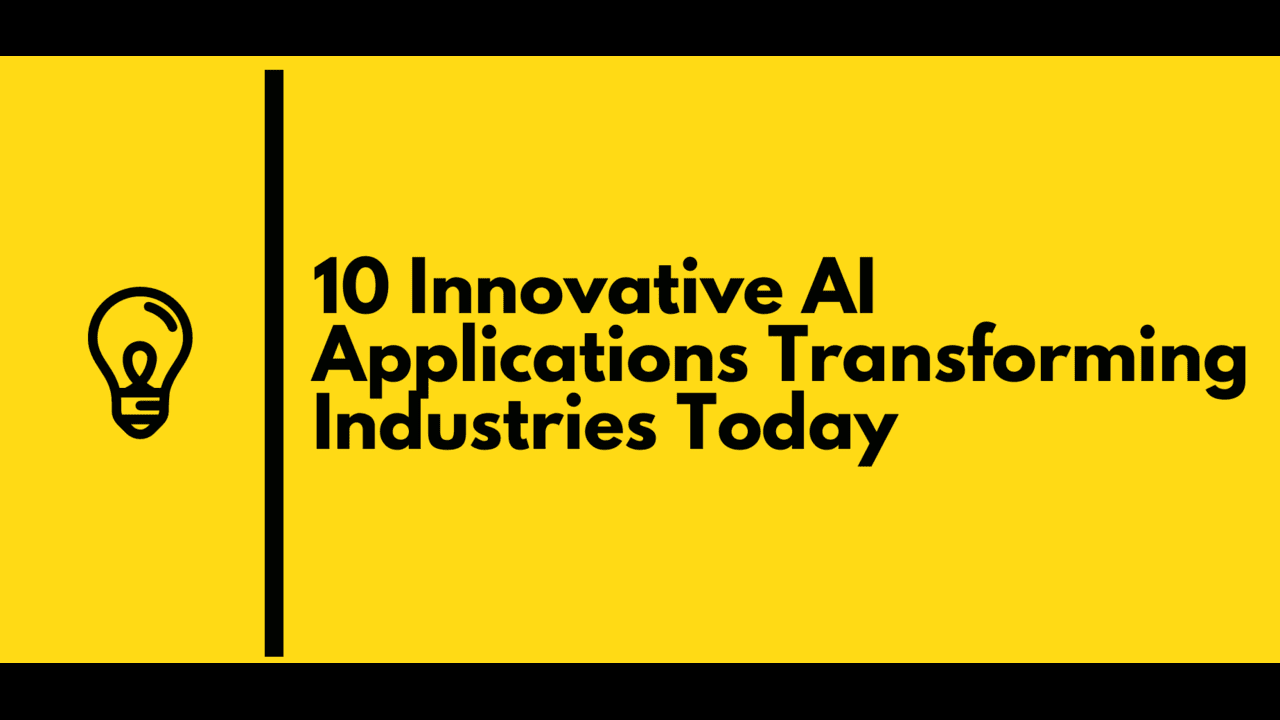The healthcare industry is undergoing a profound transformation, driven by the innovative application of Artificial Intelligence (AI). This technology is not just a futuristic concept; it is actively reshaping diagnostics, treatment plans, and patient care. In this blog, we will explore seven key AI technologies that are set to disrupt healthcare, highlighting real-life case studies that illustrate their impact.
1. AI-Powered Medical Imaging
AI in medical imaging is revolutionizing how healthcare professionals diagnose diseases. Traditional imaging methods often rely heavily on human interpretation, which can be subjective and prone to errors. AI algorithms, however, can analyze vast amounts of imaging data quickly and accurately, identifying patterns that may be missed by the human eye. Companies like Arterys are at the forefront of this revolution, utilizing advanced machine learning techniques to enhance diagnostic capabilities across various medical conditions.
Arterys has integrated its AI technology into various healthcare settings, allowing radiologists to detect abnormalities faster and more accurately than ever before. For instance, a study showed that using Arterys’ platform reduced diagnostic errors in lung cancer detection by 30%, showcasing how AI can significantly improve patient outcomes. By streamlining the diagnostic process, Arterys not only enhances accuracy but also reduces the time patients wait for critical diagnoses.
2. AI-Enhanced Ultrasound Technology
Another groundbreaking technology is the Butterfly Network’s handheld ultrasound device, which employs AI to facilitate quick and accurate diagnoses in diverse clinical settings. This portable solution democratizes access to high-quality imaging, making it possible for healthcare providers in remote or underserved areas to perform ultrasounds without needing bulky equipment. The device uses advanced algorithms to guide practitioners in capturing optimal images and interpreting results accurately. This innovation is particularly valuable in emergency situations where time is of the essence.
In rural clinics where traditional ultrasound machines may be unavailable, Butterfly Network’s device has been instrumental. A pilot program in underserved areas demonstrated that healthcare providers could perform accurate cardiac assessments on-site, leading to timely interventions that saved lives. The success of this initiative highlights how AI-enhanced tools can bridge gaps in healthcare access and improve outcomes for vulnerable populations.
3. Predictive Analytics for Patient Management
AI-driven predictive analytics tools are transforming how healthcare providers manage patient data. By analyzing historical data alongside real-time information, these tools can forecast potential health issues before they arise. CloudMedX leverages machine learning algorithms to provide actionable insights that enhance patient journeys throughout the healthcare system.
Predictive analytics can identify at-risk patients and suggest preventive measures tailored to individual needs, ultimately leading to better health outcomes and more efficient resource allocation within healthcare facilities.
At a major hospital in Boston, CloudMedX’s platform was implemented to analyze patient histories and predict potential complications. The result was a 20% reduction in readmission rates, as healthcare teams could proactively address issues before they escalated. This proactive approach not only improves patient care but also reduces costs associated with unnecessary hospitalizations.
4. AI for Early Disease Detection
Early disease detection is crucial for effective treatment and improved patient outcomes. AI technologies like Caption Health’s ultrasound assistance software guide clinicians through imaging processes to ensure optimal image quality and accurate interpretation. By leveraging deep learning algorithms trained on vast datasets of medical images, Caption Health enables even less experienced practitioners to make informed decisions quickly.
This technology significantly enhances the ability to diagnose conditions early when they are most treatable.
In a clinical trial conducted across multiple hospitals, Caption Health’s AI-assisted ultrasound systems enabled early detection of heart failure symptoms in patients who would have otherwise gone undiagnosed. This early intervention led to improved management of heart conditions and reduced hospitalization rates. The success of this initiative underscores the importance of integrating AI into routine clinical practice for better health outcomes.
5. Cardiovascular Disease Detection
Cardiovascular disease remains one of the leading causes of death worldwide. Cleerly focuses on using AI to analyze coronary CT angiography images for plaque buildup and cardiovascular disease risk assessment. By employing advanced image analysis techniques, Cleerly provides cardiologists with detailed insights into a patient’s cardiovascular health.
This technology allows for more accurate risk stratification and personalized treatment plans based on individual anatomical features.
In collaboration with several cardiology clinics, Cleerly’s platform was used to assess patients at risk of heart disease. The results indicated a 40% increase in early detection rates of coronary artery disease compared to standard methods, emphasizing the importance of AI in preventative care. By identifying at-risk patients earlier, Cleerly empowers healthcare providers to implement lifestyle changes or interventions that can significantly reduce the likelihood of severe cardiovascular events.
6. Emergency Response Optimization
AI applications are also making strides in emergency medical services through companies like Corti, which analyzes emergency calls in real-time to identify critical health conditions. By using natural language processing (NLP) techniques, Corti’s technology listens to emergency calls and detects keywords or phrases indicative of life-threatening situations.
This capability allows dispatchers to prioritize resources effectively and ensure that appropriate medical teams are dispatched promptly.
During a pilot program with emergency services in Denmark, Corti’s technology was able to identify cardiac arrest cases with an accuracy rate of over 90%. This capability allowed dispatchers to prioritize resources effectively and improve response times, ultimately saving lives. The implementation of such AI-driven solutions demonstrates how technology can enhance emergency response systems and improve overall public health outcomes.
7. Personalized Oncology Solutions
Cancer treatment has traditionally been one-size-fits-all; however, advancements in AI are enabling more personalized approaches tailored to individual patient profiles. Oncora Medical specializes in integrating patient data with AI to create personalized cancer treatment plans based on specific tumor characteristics and patient history.
By analyzing large datasets from previous treatments and outcomes, Oncora’s platform helps oncologists make informed decisions about radiation therapy and other treatment modalities.
In a recent study involving oncology practices across the U.S., Oncora’s platform was shown to enhance treatment efficacy by tailoring radiation therapy plans based on individual patient data. This personalized approach led to a significant increase in treatment success rates and improved quality of life for patients undergoing cancer treatment. Such innovations highlight the potential for AI not only to improve clinical outcomes but also to enhance the overall patient experience during challenging times.
The Future of Healthcare is Here
The integration of AI technologies into healthcare is not merely an enhancement; it represents a paradigm shift that promises better diagnostics, personalized treatments, and improved patient outcomes. As these technologies continue to evolve and expand their applications, we can expect even more innovative solutions that will further disrupt traditional healthcare practices.
The case studies presented illustrate just a fraction of the potential that AI holds for transforming the healthcare landscape. From enhancing diagnostic accuracy with imaging technologies to personalizing cancer treatments based on individual data profiles, the future of healthcare is bright—and it is powered by artificial intelligence. Embracing these innovations will not only improve efficiency but also fundamentally change how we approach health and wellness on a global scale.









